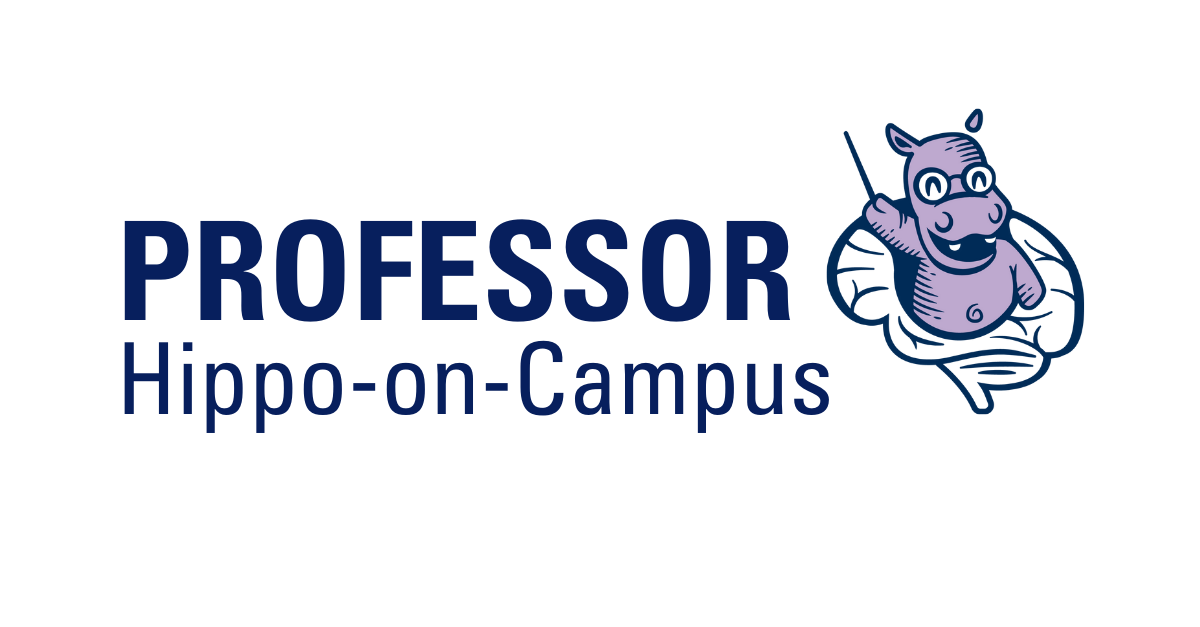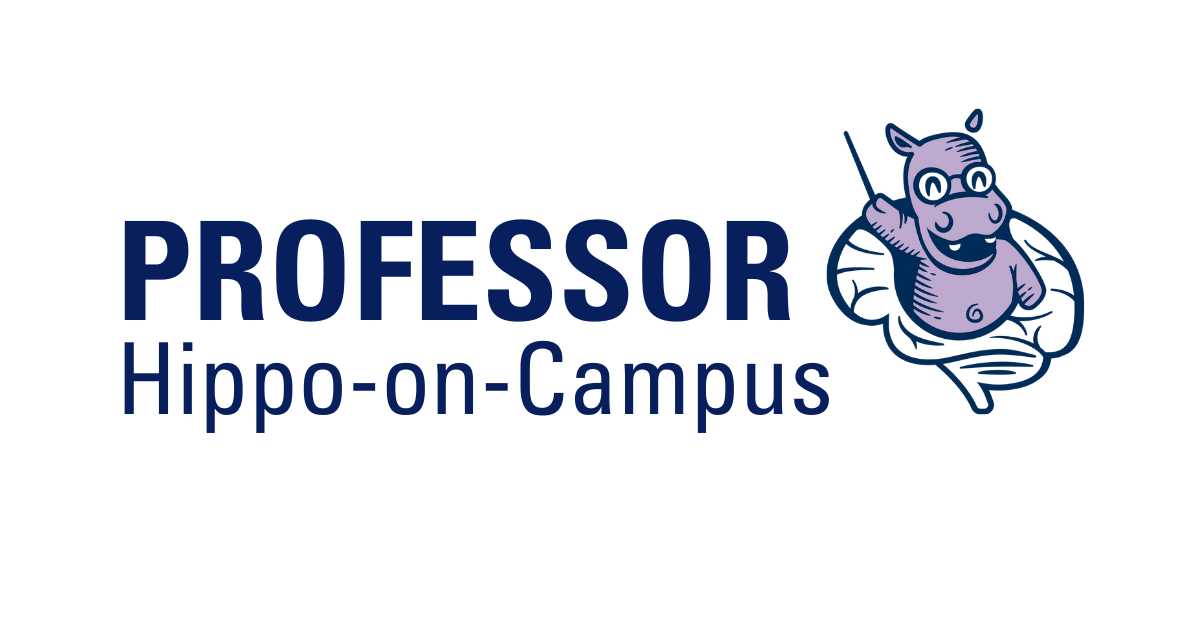Professor Hippo-on-Campus Mental Health Education Program
The Professor Hippo-on-Campus Mental Health Education Program is a FREE program that teaches faculty and staff at McMaster University about student mental health and how to support students in a way that suits their role. Participants also learn the Responding to Students in Distress or Difficulty (RSDD) protocol, which teaches how to recognize and reach out to students in distress or difficulty and connect students with appropriate resources and support.
- Graduate Students: Click here to learn more about our new graduate student version
- TA’s: a condensed version is available through the MacPherson Institute.

Professor Hippo-on-Campus Core Program / online module training Learn More
Professor Hippo-on-Campus consists of 8 online modules (completed through Avenue to Learn) that can be completed at your own pace. This program is designed for student facing staff and faculty.

Professor Hippo-on-Campus In Person Workshops Learn More
This workshop, which takes about 3 hours, builds on and applies the online module content, which will not be reviewed in depth in the workshop to allow for more interaction and case discussion.
Responding to Students in Distress & Difficulty Webinar
Join Dr. Catharine Munn (creator of the Professor Hippo-on-Campus Mental Health Education Program) for this FREE event where she will walk attendees through the newest version of the Responding to Students in Difficulty & Distress toolkit. This event aims to provide educators, navigators and professionals with the basic knowledge needed to address the challenges faced by students and how to use the toolkit. This webinar will allow participants a chance to ask question.
Those who are interested in continuing to learn more on how to help students as well as their own mental health are encouraged to take the Professor Hippo-on-Campus on-line module training.

Tuesday January 14, 2025 (12:30-1:30) Register
Registration closes January 13 at noon

March webinar date coming soon
Other Mental Health Training Oppportunities
The following mental health training opportunities are ones that we encourage McMaster community members to participate in. These are either hosted in partnership with our office or are ones that we endorse.
The Working Mind Learn More
The Working Mind is an evidence-based program designed to promote mental health and reduce stigma around mental illness in the workplace. This training directly supports our shared purpose of promoting and contributing to a healthy and safe community at McMaster University.
The program is offered for staff (1 day) or for people leaders (2 days).
LivingWorks Start Learn More
LivingWorks Start is a 90 minute on-line program to train participants to recognize when someone may be thinking of about suicide and how to connect them to help and support. This program was developed with input from experts in suicide prevention, education, psychology, public health, social work, faith communities and the military.
Online Suicide Prevention Modules for Healthcare Professionals Learn More
This program is offered for free from the Mental Health Commission of Canada. These modules (accredited by the College of Family Physicians Canada) have been created to help healthcare professionals to:
- Evaluate the level of risk for suicide and determine how best to intervene.
- Understand the prevalence of, and which groups are at high-risk for suicide in Canada.
- Build trust with your patient and gain the confidence needed to have a conversation with a patient about suicide.
- Understand some of the tools and resources available to support the identification of the risk of suicide among your patients and how to offer that follow-up support better.
Become a LivingWorks Trainer Learn More
LivingWorks offers a Training for Trainers (T4T) program to prepare people to become LivingWorks trainers and offer our face-to-face programs in their communities, workplaces, and beyond. This program is a powerful, hands-on learning experience. Supported by expert LivingWorks coaches, learners will be able to make a major impact and train many others to help keep people safer from suicide.
Trainers can choose the safeTALK or ASIST trainer program. Both of these programs do require learners to have completed ASIST training in the last two years. Note that training opportunities are not frequent and do require the attendee to pay. The next upcoming training session is for ASIST (March 10-14 in Burlington, ON),
